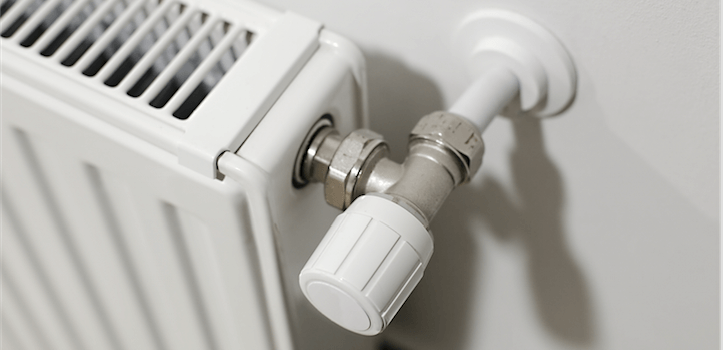Do I need to bleed my radiators?
A large proportion of homes in the UK have gas central heating installed, which uses water filled radiators to heat areas. Therefore, this makes radiator maintenance an essential part of property upkeep, which may involve bleeding your radiators. As plumbing and heating specialists we are here to give you advice on why and when you should bleed your radiators to ensure they are functioning at their optimum capacity and are more energy efficient too.
Spotting the signs you should bleed a radiator
First of all, it’s important to recognize the signs that you may need to bleed your radiators. With modern water-filled radiators there is a chance that air bubbles can get into the system, which stops the hot water from being pumped around efficiently, thus your central heating won’t be heating your home as well and the radiators will need bleeding to release the air.
A sure sign of this is if you have certain radiators that are not fully heating up when your central heating is on. Each radiator should heat all the way to the top if your heating system is working properly, but if air is in the system radiators may not heat up at all or only be hot at the bottom. This is because the air is preventing the radiator from completely filling with hot air. Another sign that you may have an air pocket in your radiator system is if you notice any patches of damp or condensation, which can be an indication that the radiator isn’t heating up properly.
How often should I bleed my radiators?
The process of bleeding your radiators is fairly straight forward as the air can be released from the radiators with a special radiator key that can be bought from most DIY shops. The key is used to open the air valve at the top of the radiator to expel the air from within, so the water fills right to the top. However, this isn’t a process that should need to be done very often and should only be carried out if you have identified a cold spot in a radiator. The radiator system is designed to be airtight, thus air shouldn’t be able to get in easily. However, it doesn’t do any harm to check your radiators every few months to ensure you spot any air pockets early.
Naturally, if you find you’re having to regularly bleed your radiators when the heating is on, then this could be an indication of an underlying problem, such as a leak in the system or a problem with the water pressure in your boiler. This is when it’s time to seek professional advice. Contact a professional plumber, who can help to identify why and where the air keeps getting in the system and can ensure it gets repaired so your heating is operating on all cylinders again.


